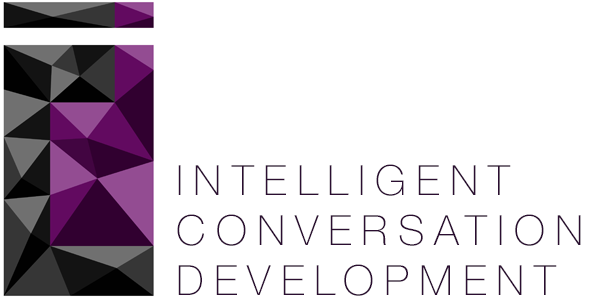‘It takes a tenth of a second to form an impression of a stranger just from their face.’
Judging a Book by its Cover
We have all been taught not to do this as children, but within seconds of meeting someone you categorise them into a group; either they’re in or they’re out. This judgment is based on the attractiveness, likeability, competence, trustworthiness, and the aggressiveness of a person's face. Unfortunately, this bias is unavoidable due to our evolutionary survival instincts and it can significantly influence your opinion about a person. This could be affecting your team's performance in several different ways, although there is a silver lining.
Us vs Them
The terms ‘ingroup’ and ‘outgroup’ were created by Henri Tajfel who researched into how people formed groups and how it impacted on their behaviour. He designed an experiment where people were assigned to groups based on an arbitrary reason; whether they over or under estimated the amount of dots on a page. He found that just by being assigned to a group, the participants formed preferred relationships with their ‘ingroup’ rather than with the supposed ‘outgroup’. When the groups were then asked if they wanted to maximize the rewards for the whole team or just for their group, all participants chose to maximize only their ‘ingroup’, even if they knew people in the ‘outgroup’ before the experiment.
Tajfel demonstrated how quickly it took the ingroup to make a decision that discriminated against the outgroup and how the groupings had a profound effect on participant's behaviours. This is reinforced by Zimbardo’s controversial Stanford Prison experiment, where individuals were randomly allocated the role of guard or prisoner. The two-week experiment had to be shut down after only 6 days as the participants took to their roles to such extremes that human rights came into question.
‘In only a few days, our guards became sadistic and our prisoners became depressed and showed signs of extreme stress.’ - Professor Philip G. Zimbardo
To put a positive spin on these experiments, they showed how quickly we build loyalty and allegiance to those in our ‘ingroup’. Could inclusion and encouragement of social relationships at work be used to maximize potential and engagement in your team?
Did We Just Become Best Friends?
You’ve probably all experienced that moment when you meet someone and just click. You may not even know why, but ‘click’ and the relationship is instant. Just as you can meet someone and form an immediate positive attitude, you can also have the alternative negative response. This results in little or no effort to find similarities between yourself and the other person.
Groups are formed by finding common traits and shared interests. Your ‘outgroup’ are then people you don’t have obvious shared interests with and you feel are different from you. Now don’t be alarmed, but the people you place in your outgroup will most likely have also placed you in their outgroup. Don't worry though, the groups are relevant to individuals and not the overall office so there are no ‘It’ groups, just personal preference.
That Seat's Taken
Issues arise when someone is rejected from a group he or she thought they were in. Social rejection is as real and as painful as a physical blow and affects the person’s performance and the likelihood of them staying at a company. Baumeister's research into the effects of social rejection found it can temporarily drop your IQ and your ability to make decisions. He also noted that those who feel rejected are more likely to give into eating unhealthy food and giving up on challenging or boring tasks quicker. This could dramatically reduce the effectiveness of an employee as they will become slower and less productive, plus more forgetful of what tasks need completing.
‘Managers need to consider how people in their ‘outgroup’ could be affected by feelings of rejections or lack of loyalty towards someone not in their group.’
If you've experienced conflict with a colleague or the feeling of being treated unfairly, how did it leave you feeling? How many of you have tried to get back into work but felt your mind wondering or reach for the sweet tin when you wouldn’t normally?
We Make the Best Second, First Impression
Neuroscience research supports diversity as a crucial part of organisational success. Having a variety of perspectives on issues significantly benefits a company, however, these automatic feelings and judgments could harm inclusion and cross-cultural working if not managed properly.
There are however a couple of tried and tested ways to reduce outgroup bias. 1. Create shared goals: These brings people together for a mutual objective and enables them to see what they have in common. 2. Familiarity breeds empathy: Face to face communication is the best thing for forming relationships so encourage face to face meetings.
Wilder & Thompson showed that people formed more positive opinions towards those in their ‘outgroup’ if they spent more time with them. The research revealed the second attempt at a first impression to be more optimistic and showed a significant improvement in both parties looking for common interests to build a relationship on. Wilder and Thompson's research supports the importance of team building activities where staff are able to make a second impression and form better long-term relationships with colleagues.





